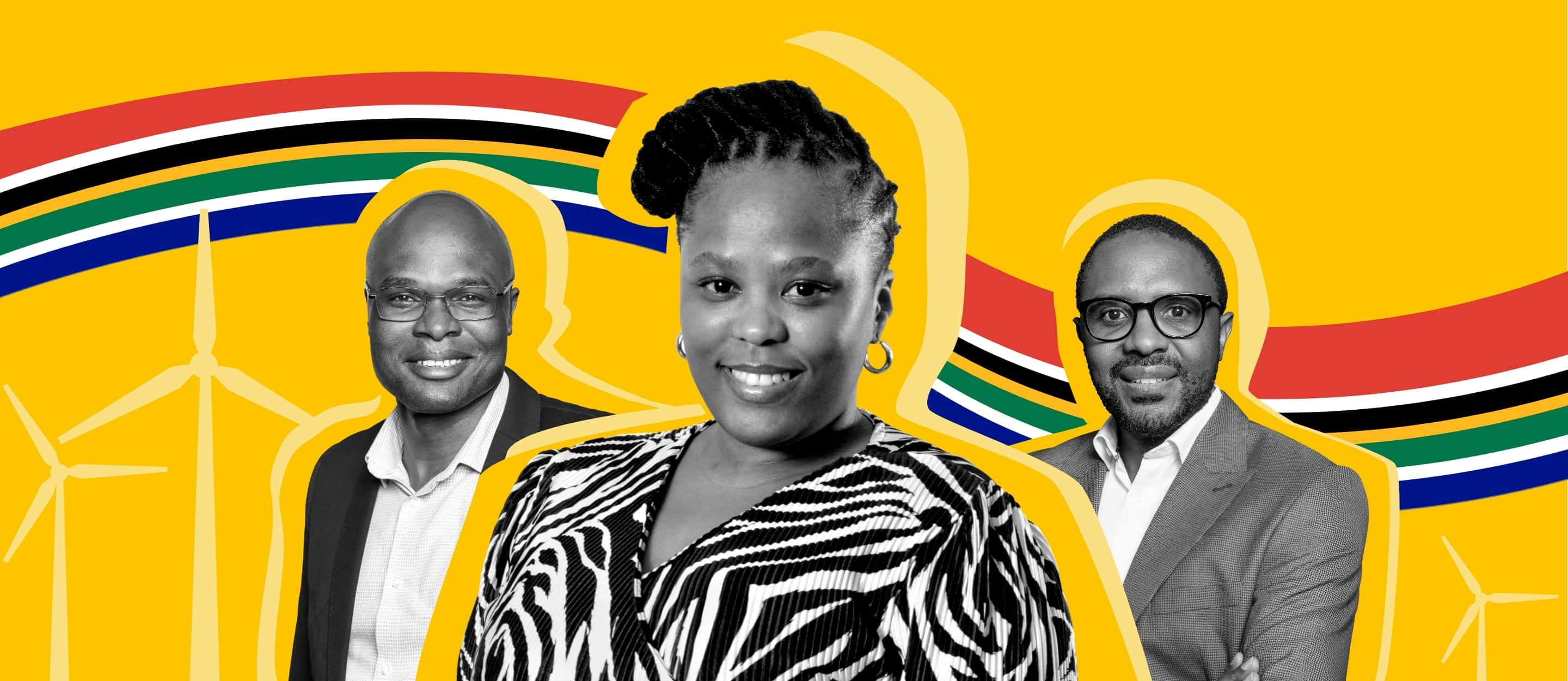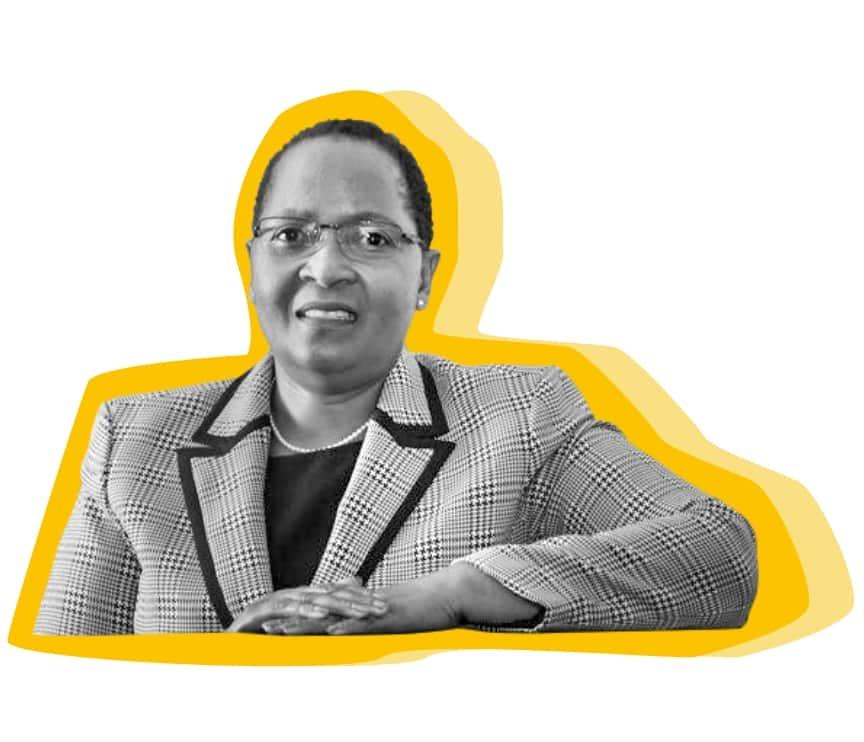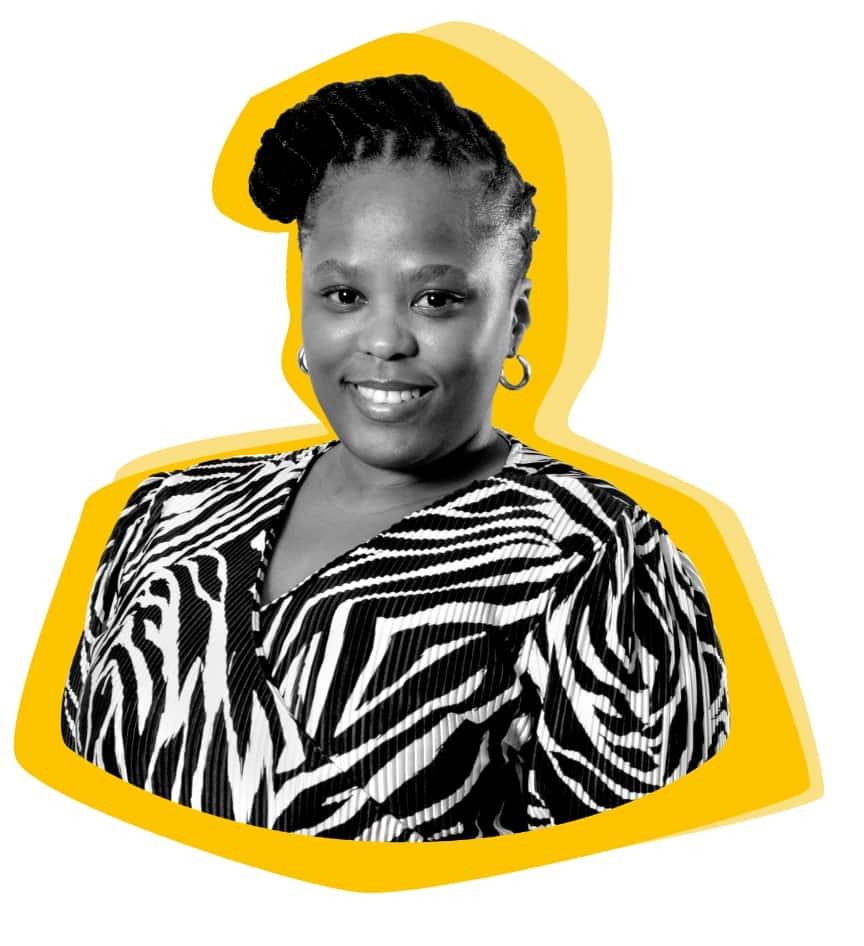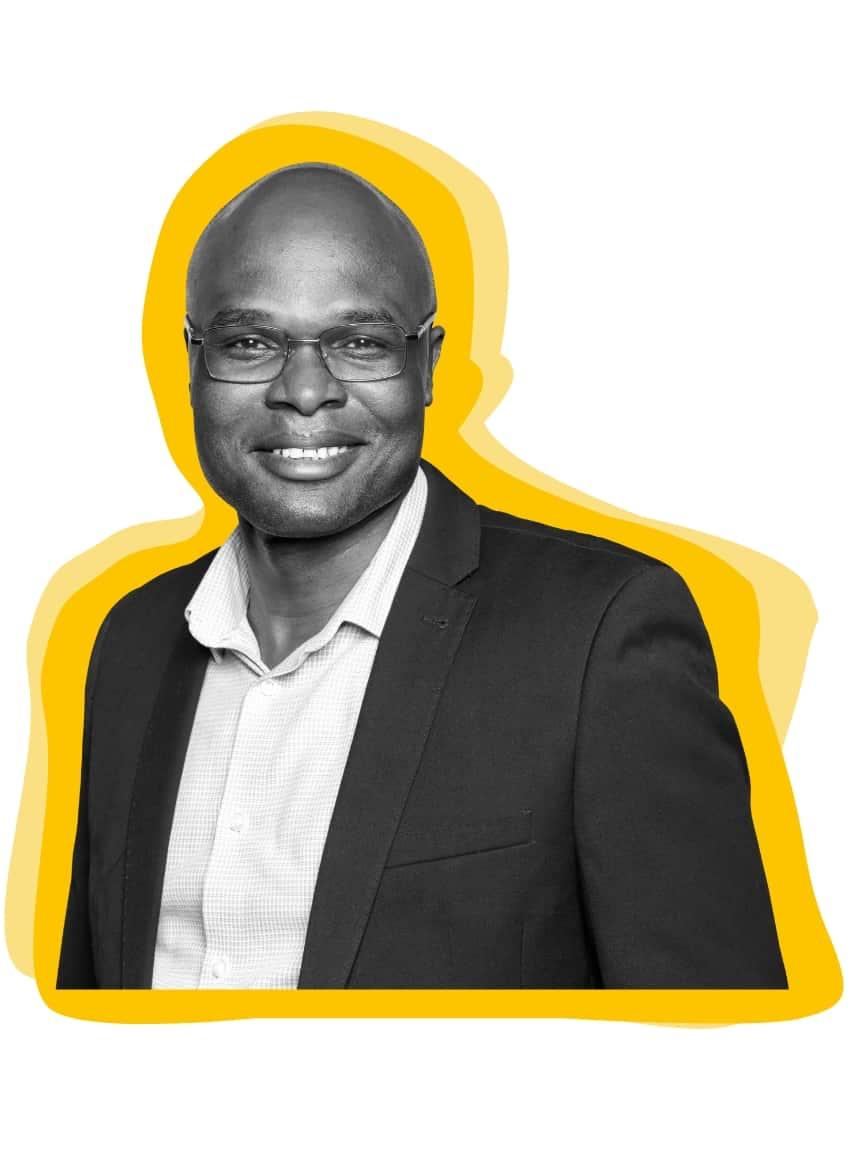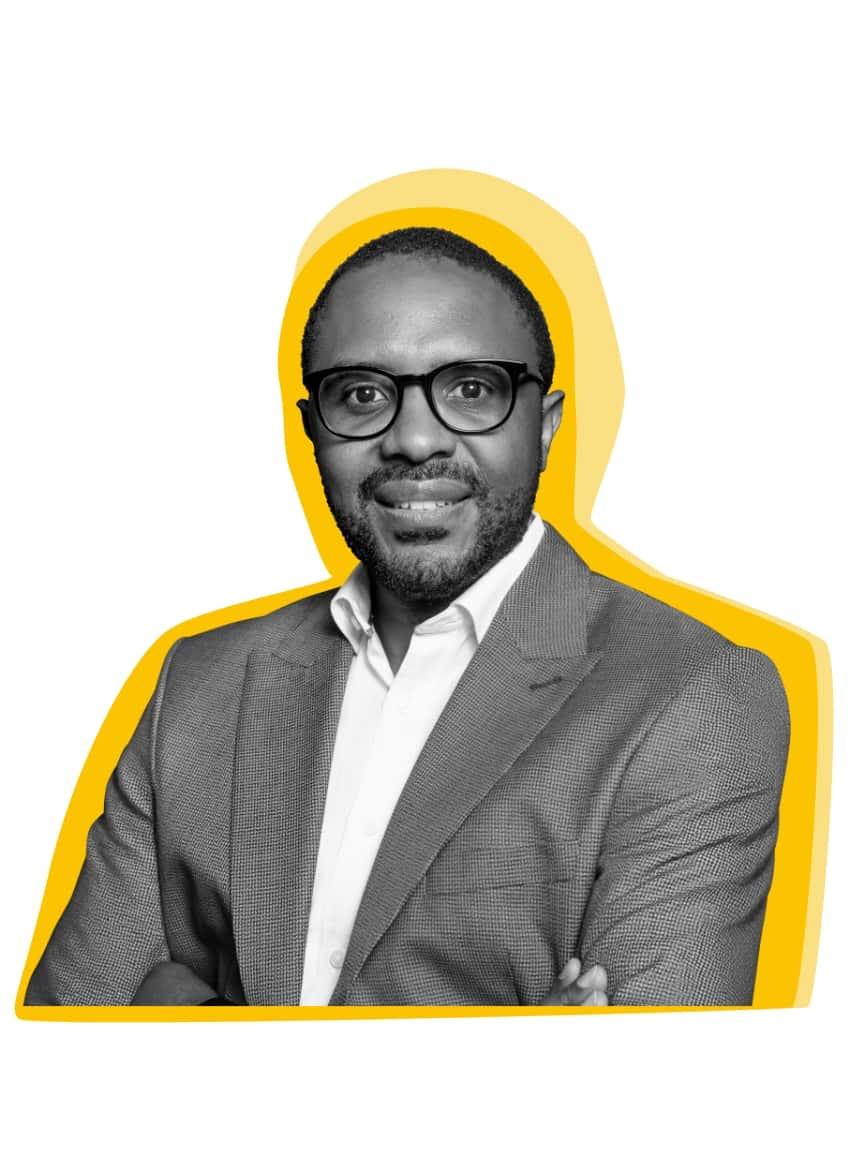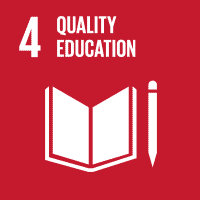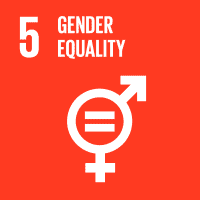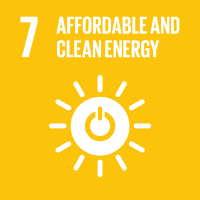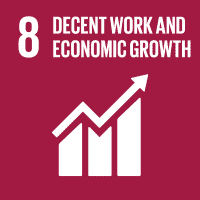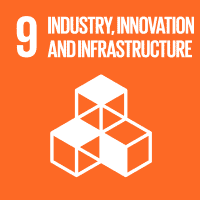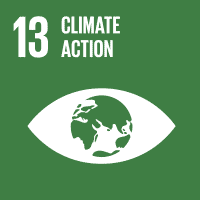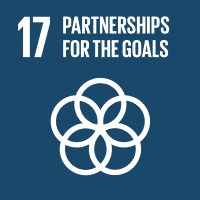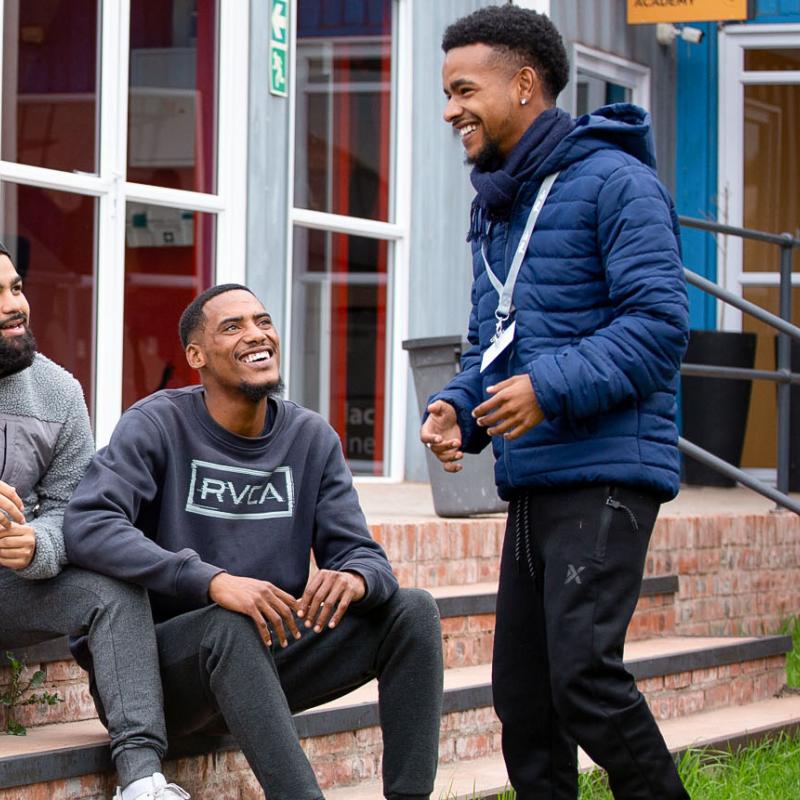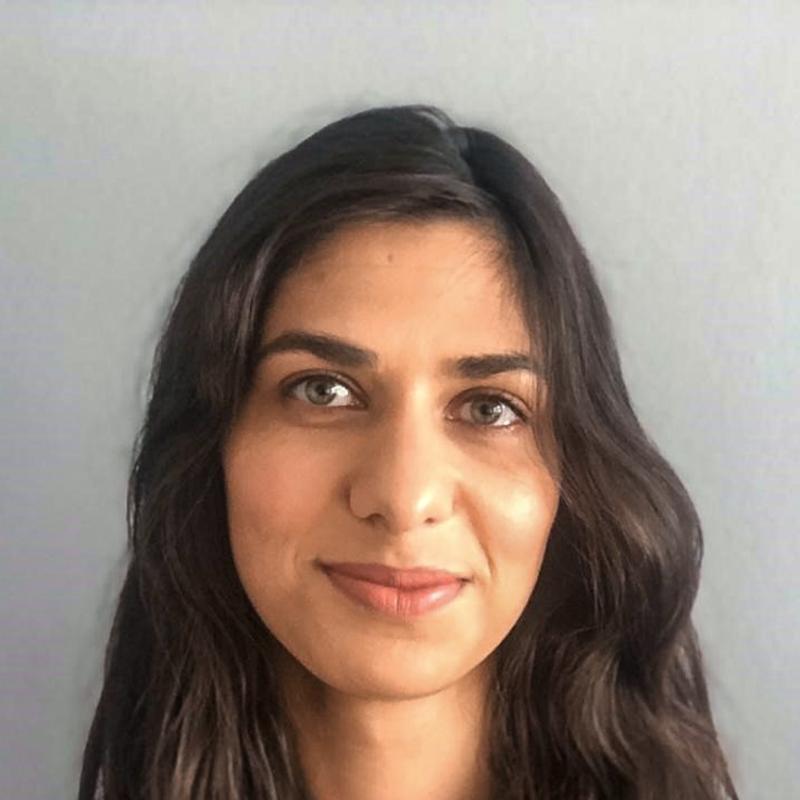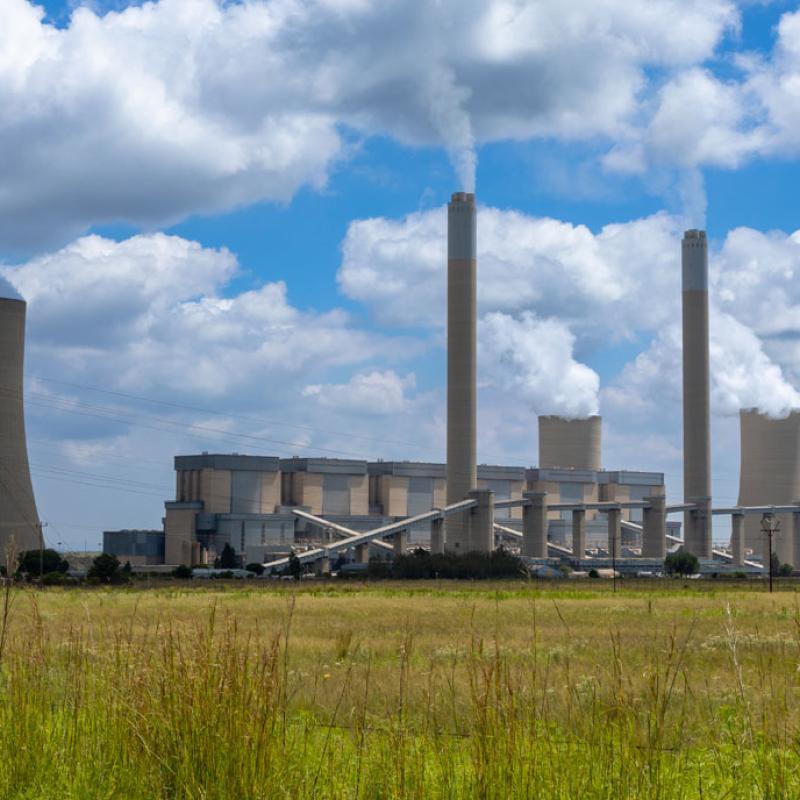The African power sector is on the cusp of an energy transition: moving away from fossil fuels towards cheaper, renewable energy sources. However, this shift requires a rethink and consistent support from state and private-sector partners in the reorganisation of the electricity market. Until now, there has often been just one company generating, transmitting and distributing electricity – with all the resulting conflicts of interest and the potential for corruption stifling investments. That has also undermined financial viability. We are working to create a more dynamic, diverse electricity system. The goal is for competition to liberalise market participation, improve sector efficiencies and increase customer choice. The traditional model of a state-owned monopoly is no longer fit for purpose as it has been upended by the rapid pace of technological innovation in Distributed Energy Resources (DERS) and cheaper renewable energy sources, changes in ICT technologies, as well as growth in new financial markets and new sources of finance. To facilitate this transition, we need targeted programmes to help build capacity, tools and better-structured frameworks that will allow utilities to overcome their severe financial difficulties. My message is that international partners need to see the African energy system as a new investment target. Because it offers so much potential.
However, we face major challenges, partly because there is limited awareness of how competitive electricity markets work. At the University of Cape Town, we therefore offer courses for stakeholders in the public and private sectors, equipping them with skills and knowledge on the frontiers of international best practice in terms of regulation, investment, understanding new power market reforms and how to make utilities financially viable. We also help participants to acquire practical skills in building financial models for electricity tariffs, project financing and private power procurement. Together with GIZ, we have also developed a customised programme, the African Electricity Regulator’s Peer Review and Learning Network (PRLN), which is aimed at the CEOs of regulatory authorities in order to strengthen their leadership and managerial skills and therefore improve the credibility, transparency and robustness of regulatory decision-making. We brought together the CEOs/DGs of regulatory bodies from various African countries (Uganda, Namibia, Kenya, South Africa, Ghana and Tanzania). They spent a week analysing regulatory systems in each other’s countries. How are licences issued for new energy projects? How are tariffs designed? How does regulation influence new investments in renewable energy? We wanted the participants to exchange ideas, identify weaknesses and draw up recommendations. Ultimately, the decisions made by CEOs are also crucial to the success or failure of the energy transition.
Dr Peter Twesigye
is a senior lecturer at the University of Cape Town’s Power Futures Lab and leads research in electricity market reforms, regulation and renewable energies.
